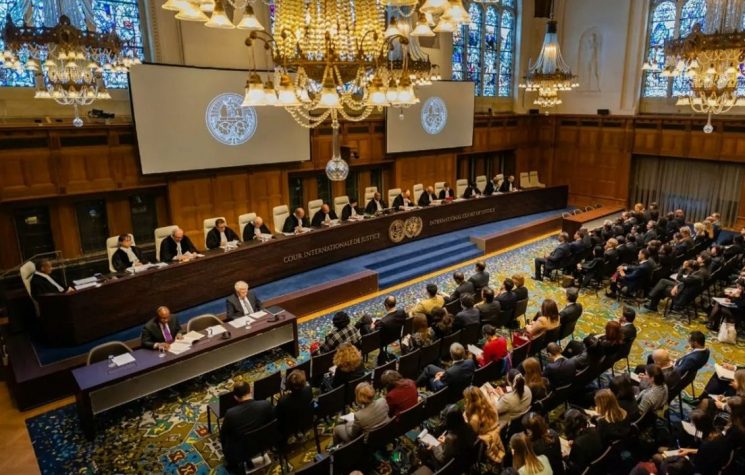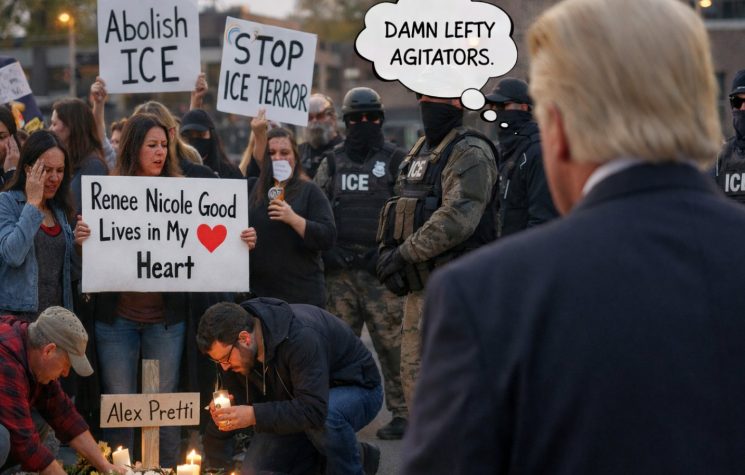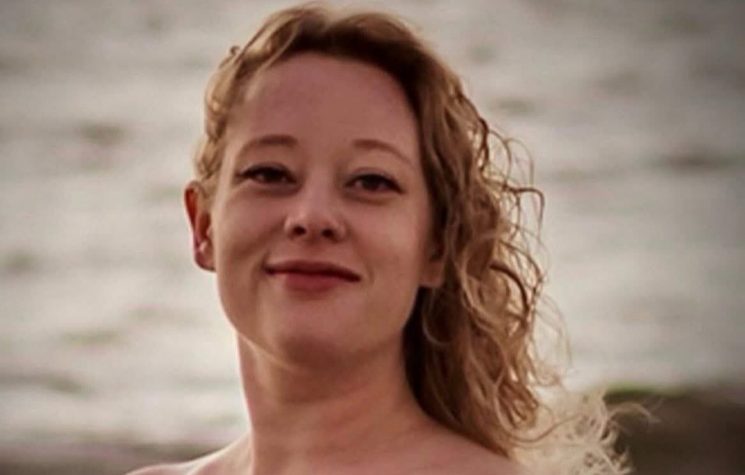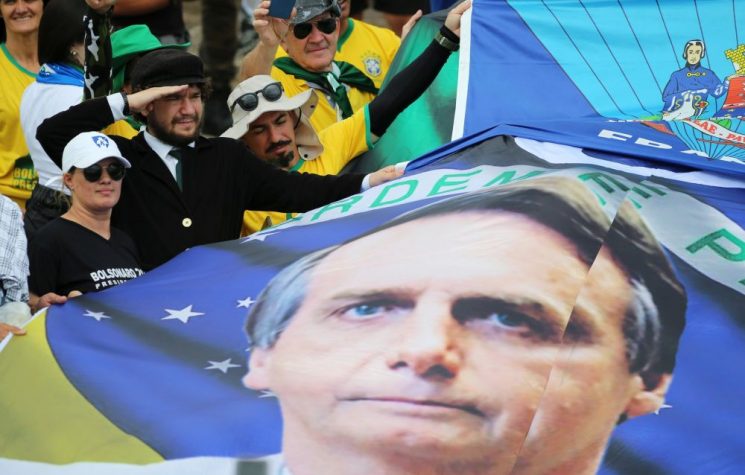Progress on return of 339 children might still be a helpful step in the right direction
Join us on Telegram![]() , Twitter
, Twitter![]() , and VK
, and VK![]() .
.
Contact us: info@strategic-culture.su
At the latest round of peace talks in Istanbul, Ukraine submitted a list of 339 children that it demands Russia returns. That’s a fraction of the number that Kiev alleges have been kidnapped since the war began. This speaks to the over-politicisation of children in this terrible war. But it also offers scope for helpful progress towards an eventual peace.
As a parent of beautiful children who I love more than anything, I find little more heartbreaking than the thought of children who are forced, petrified and upset, from their homes because of war. There have been widespread reports from the Ukrainian side that Russian has forcibly deported almost 20,000 children since the war began. This contributed to International Criminal Court decision in March 2023 to issue an arrest warrant against President Putin for alleged war crimes.
The detailed legal provisions on the treatment of civilians including children at times of war are laid out in the Fourth Geneva Convention. It requires systems to identify and register separated children, the consent of parents or guardians for temporary separation and prohibits the changing of family status and nationality.
The reality for children in war torn Ukraine has been both heartbreaking and complex. When you dig into the available western reporting, it appears that many of the ‘missing’ 20,000 are children who have moved to Russia or to Russian occupied Ukraine with a parent or relative, rather than being forcibly deported.
Since the war began there have been several negotiated returns of Ukrainian children including, in some cases, with mediation of third countries like Qatar. Ukraine recovered 1223 children in 2024 through dialogue with Russia, for example. Many cases of children returned to Ukraine have involved families separated during the invasion. In December 2024, five Ukrainian children returned of whom three had been taken to Russia by their parents. Likewise at the start of May, six children returned to Ukraine, at least three of whom had been with their parents.
A second problem relates to gaining parental consent. There are around 100,000 orphans in Ukraine most with living parents who abandoned them out of a lack of resources, or for other reasons including alcoholism, abuse and poor mental health. Ukraine itself has faced accusations about the widespread abuse and mistreatment of orphans in care, including from the BBC, since the war began. Russia itself has a similar problem with so-called social orphans as a heart-wrenching 2013 BBC report showed. According to a U.S.-based Christian charity, there are an estimated 47,000 orphans in Russia.
It is absolutely clear that orphans have been moved to Russia, but the issue of parental consent is a grey area, in circumstances where the location of parents is often unknown. Around 4500 Ukrainian orphans were also moved to Europe, with 2100 living in Poland. Orphans have been relocated to other countries on a temporary basis including Israel and Scotland. Indeed, as the Ukrainian government has pressed for all children to be returned, foster families in Italy and Spain have raised legal disputes seeking to prevent the return of children in their care to a war zone.
Likewise, Ukrainian children have undoubtedly been given Russian citizenship, as investigations by the Financial Times and New York Times have uncovered. Without going into details, I have strong reason to believe that close Russian friends of mine adopted a child from Ukraine in 2022, not long after the war started. They now consider themselves to be the adoptive parents of the child and are raising them with the level of loving care that with my wife, I bestow on my own kids. I don’t condone adoption taking place in this way and my Russian friends present me with a troubling moral dilemma, given the circumstances that led to them taking the child in. But while I pray for them, I find it harder to judge.
For any child, in any country, life in an orphanage will never be as enriching as the loving care of parents. There is some misinformation in the reporting of the challenge of displaced children. Yale School of Medicine has reported on the ‘kidnapping and re-education of Ukraine’s children, talking of ‘fracturing their connection to Ukrainian language… and disconnecting children from their Ukrainian identities.’ However, the vast majority of children displaced from the war torn parts of Ukraine (rather than its major cities like Kiev) would have been Russian speaking, not Ukrainian speaking, and these claims appear deliberately misleading.
Ukraine undoubtedly wants to paint Russia in the image of the villainous child snatcher, in part to bolster its support from western allies and to press the case that Russia is guilty of war crimes. Yet I worry that the issue of forced deportations of children from Ukraine since the war started has become overly politicised. The reality appears much more complex and nuanced, evading easy generalisation. During my diplomatic posting to Russia, my most striking observation was of how loving Russian people are towards children, including my own.
Every child, first and foremost, should be with their parents, assuming they are able to care for them responsibly. In a country that has lost hundreds of thousands of young people to death or injury in the war, the status and protection of children in Ukraine is a totemic issue for entirely understandable reasons. Under the stewardship of Ukraine’s First Lady, there has been a campaign for Ukrainian families to adopt orphans, which led to a record figure of 1264 adoption in 2024, for example.
The problem of socially orphaned children remains deep seated and, long term, it will take real economic progress, coupled perhaps with benevolent social policy, to tackle the root causes. That process can only kick into gear when the guns fall silent allowing Ukraine to start the long delayed reconstruction and regeneration of its economy.
Amidst surprise that Ukraine has sought the return of a relatively small number of children, the conclusion I draw from Istanbul is that the list of 339 is comprised of those for whom there is at least one identified parent in Ukraine who seeks their return. And if that be so, then every effort should be made to facilitate their reunion. While the issue of displaced children didn’t grab the main headlines from the Istanbul talks, progress on bringing these children home may represent an important confidence building measure as both Ukraine and Russia take small, faltering steps towards eventual peace.







































